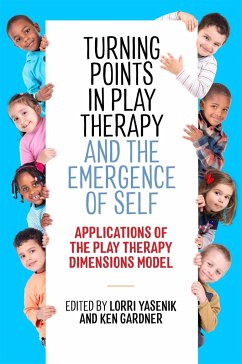
Attachment, Play, and Authenticity
Winnicott in a Clinical Context

PAYBACK Punkte
49 °P sammeln!
Winnicott's work on the developmental process is paired with interactions of child therapists and their patients to link theory and practice. More than 25 of his works are analyzed and presented with partial transcripts of actual sessions to demonstrate the value of his contributions to child and adult psychology and psychotherapy.














